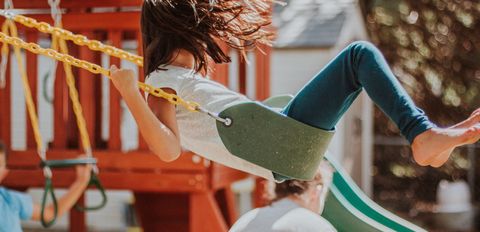Everyday our knowledge of the teen brain expands. Recent studies show "Risky behavior is a normal part of development and reflects a biologically driven need for exploration – a process aimed at acquiring experience and preparing teens for the complex decisions they will need to make as adults" Next year's GPS line up brings you that latest research in ways that can be put to use immediately in your family. Circle your calendar now and please join us . Click on our 2018-2019 brochure at the right to view our event schedule, or visit us at
www.glenbardgps.org for details.
Eutopia Magazine June 27 Summer fun with the brain in mind..
"Conflicts over curfews, friends, boundaries, and activities (among other subjects) always appear and sometimes magnify in the heat of summer. If a disagreement or conflict looms between parents and adolescents, and neither seems able to find a solution, go to your teen! There’s nothing more satisfying than being sought after for advice. Directly and indirectly, you enlist the help of your adolescent’s higher-level thought processes when you ask, “What can I do to resolve this?” or “Help me find a better plan that we all agree upon.” He or she begins to feel valued and appreciated, moving from the brain’s fight response into a “responder” response"
This and more from Eutopia Magazine, a great resource for parents and educators, below
 |
| JUNE 27, 2018 |

Credit: ©iStock/jacoblund
If schools want a strong collegial atmosphere, they need to foster it intentionally—both across the school and on smaller scales.

©Twenty20/@meganography
Summer brain-based games for parents to play with their kids to activate the joys of learning, decision making, and questioning.

Credit: ©Twenty20/@darby
Math anxiety affects almost half of elementary school students. Spot the symptoms and use these strategies to counteract it.

Credit: George Lucas Educational Foundation
A quick, fun classroom activity fosters open dialogue while releasing pent-up energy.

Credit: ©Shutterstock/LStockStudio
When students with disabilities develop self-advocacy and self-determination, they can engage more effectively in their education.
|
|





